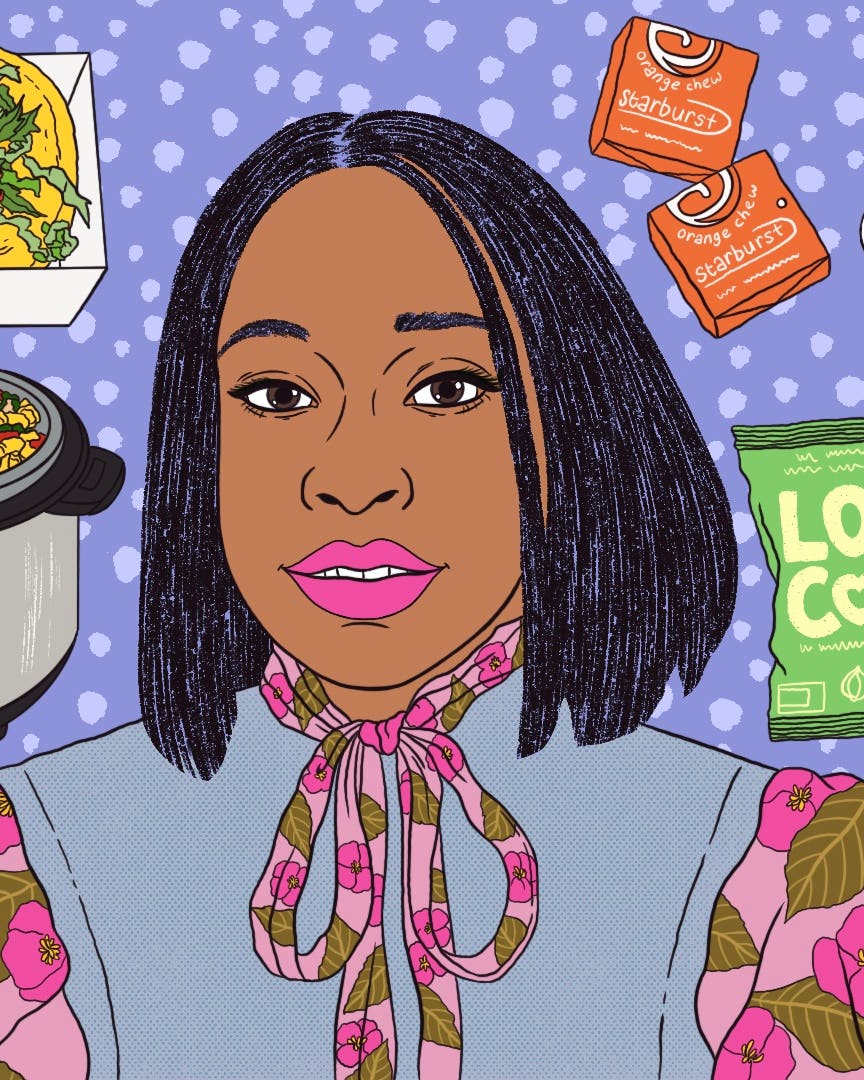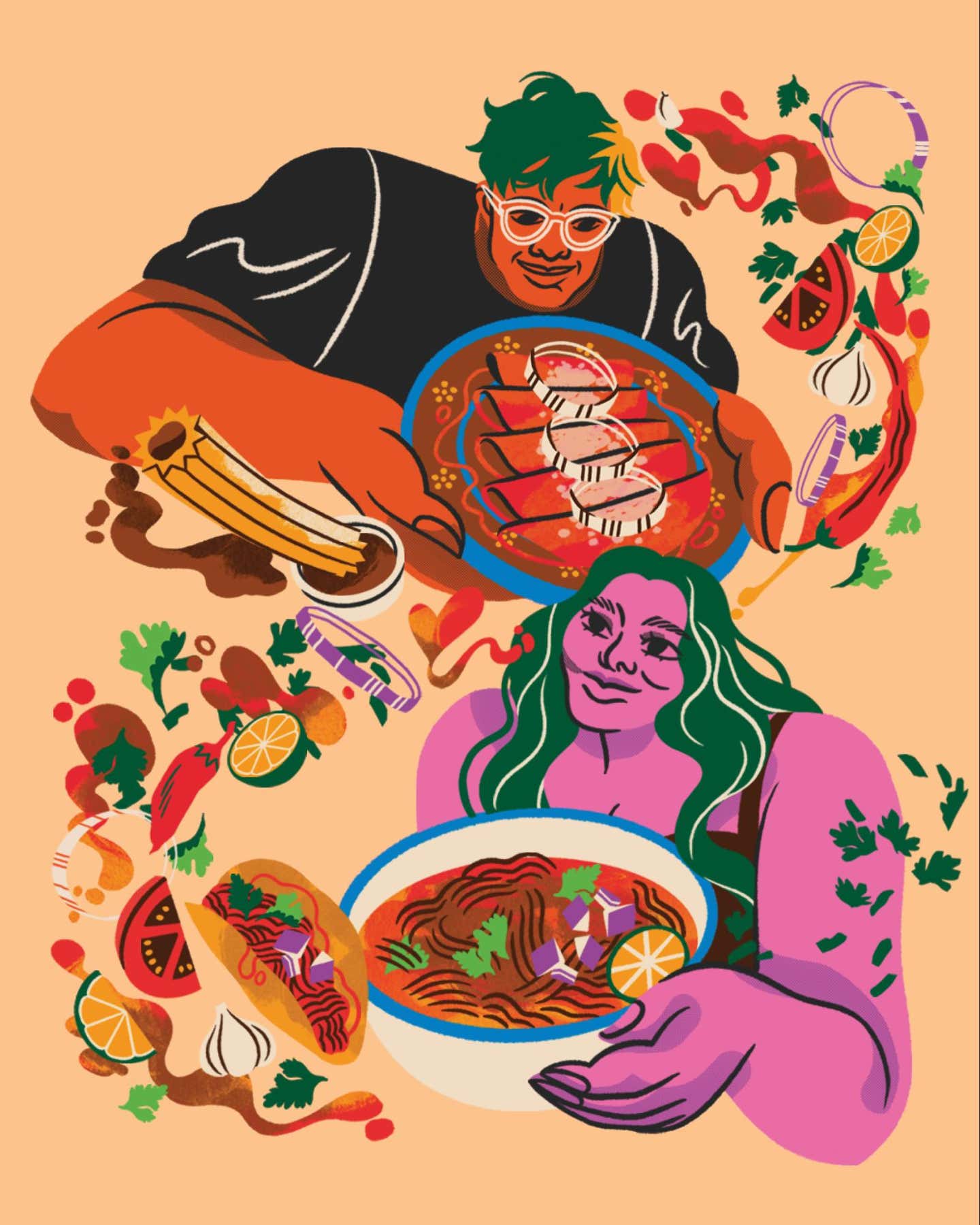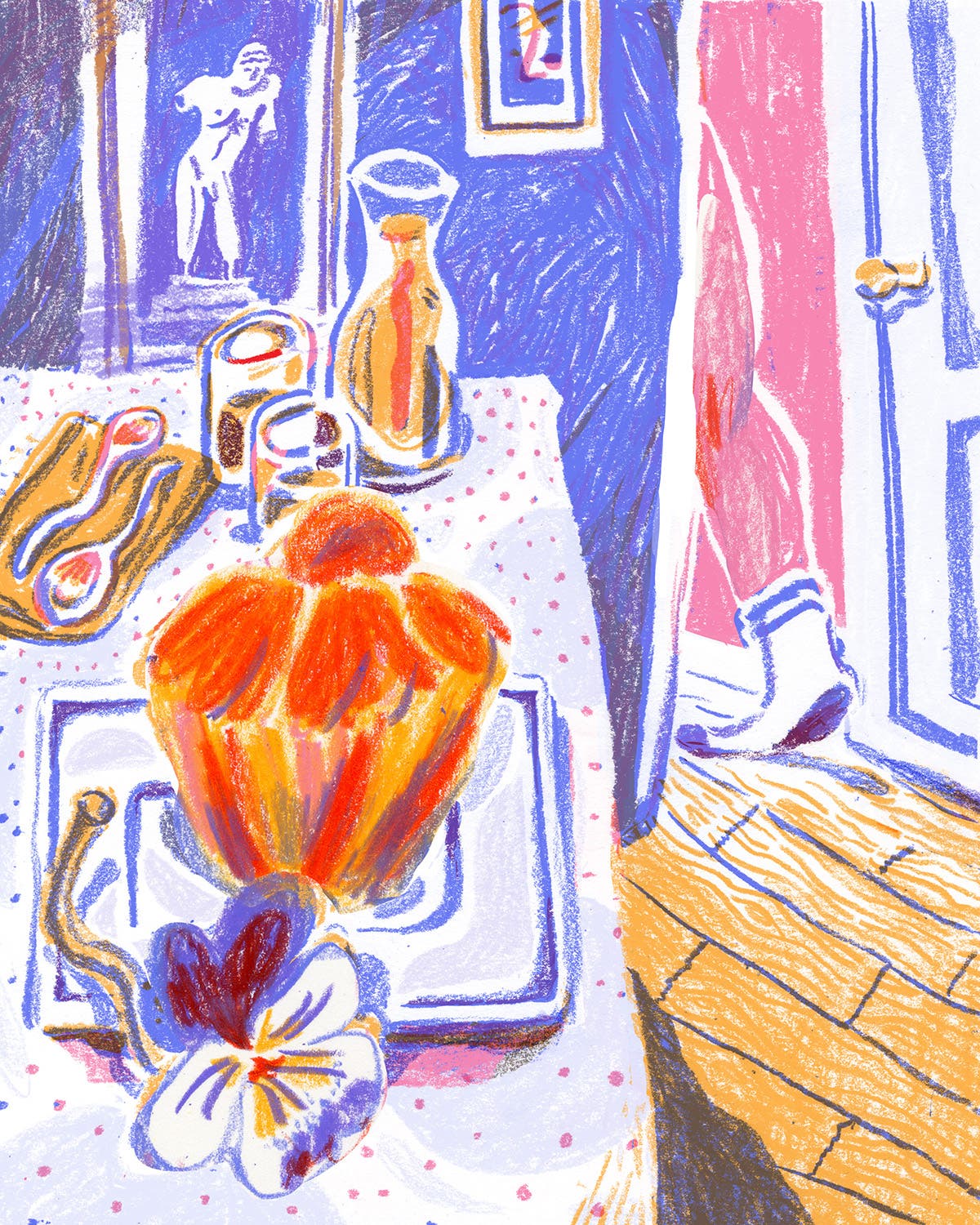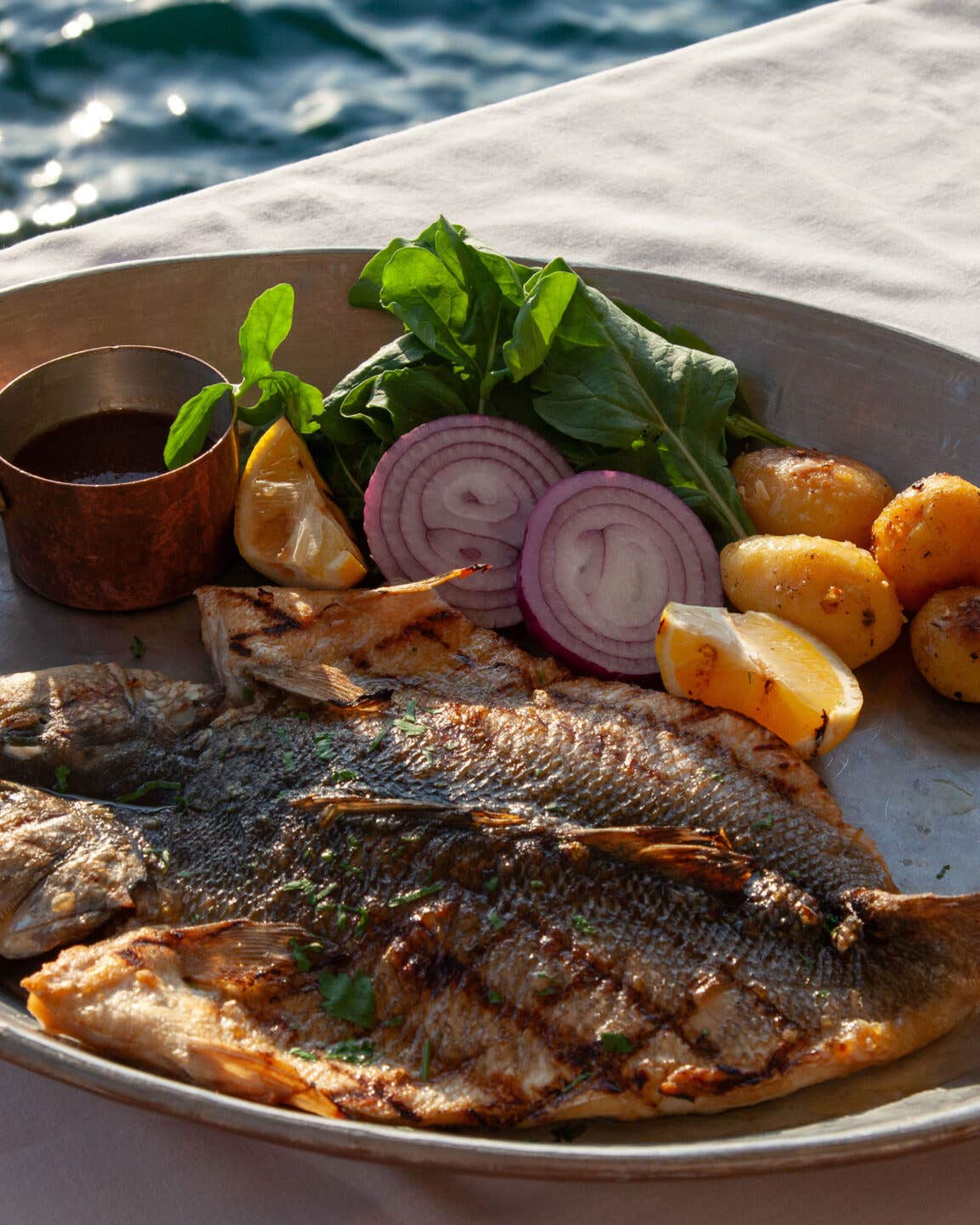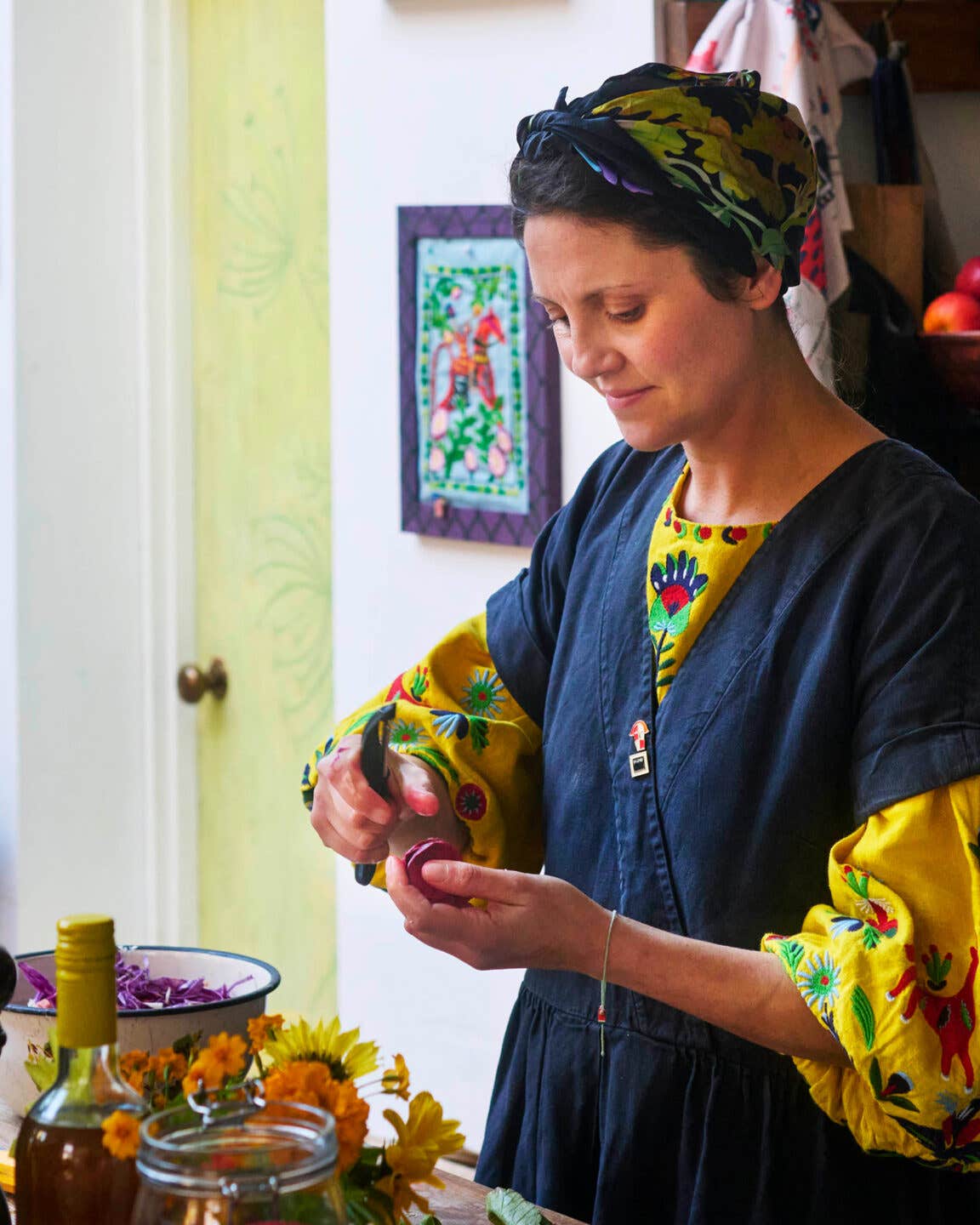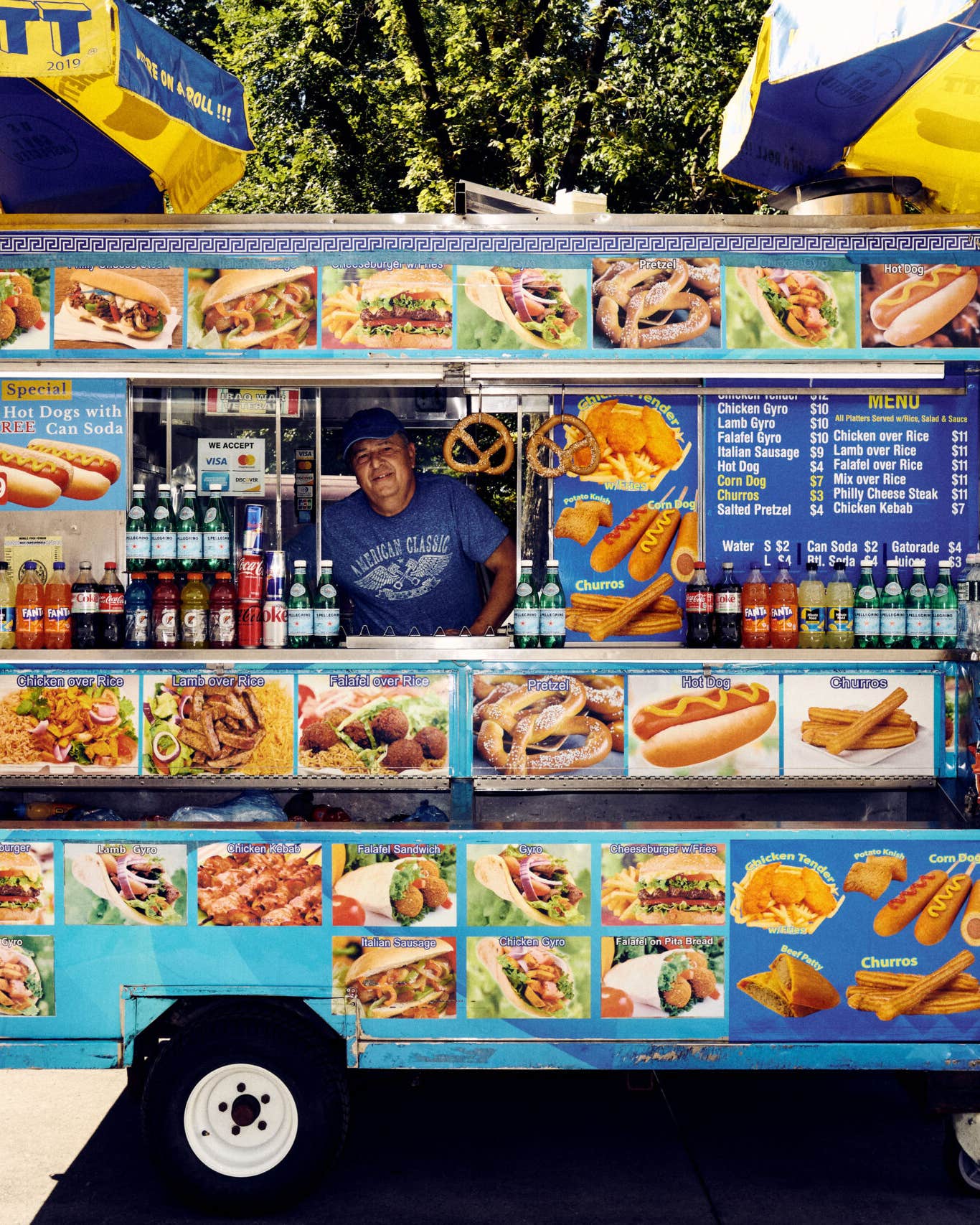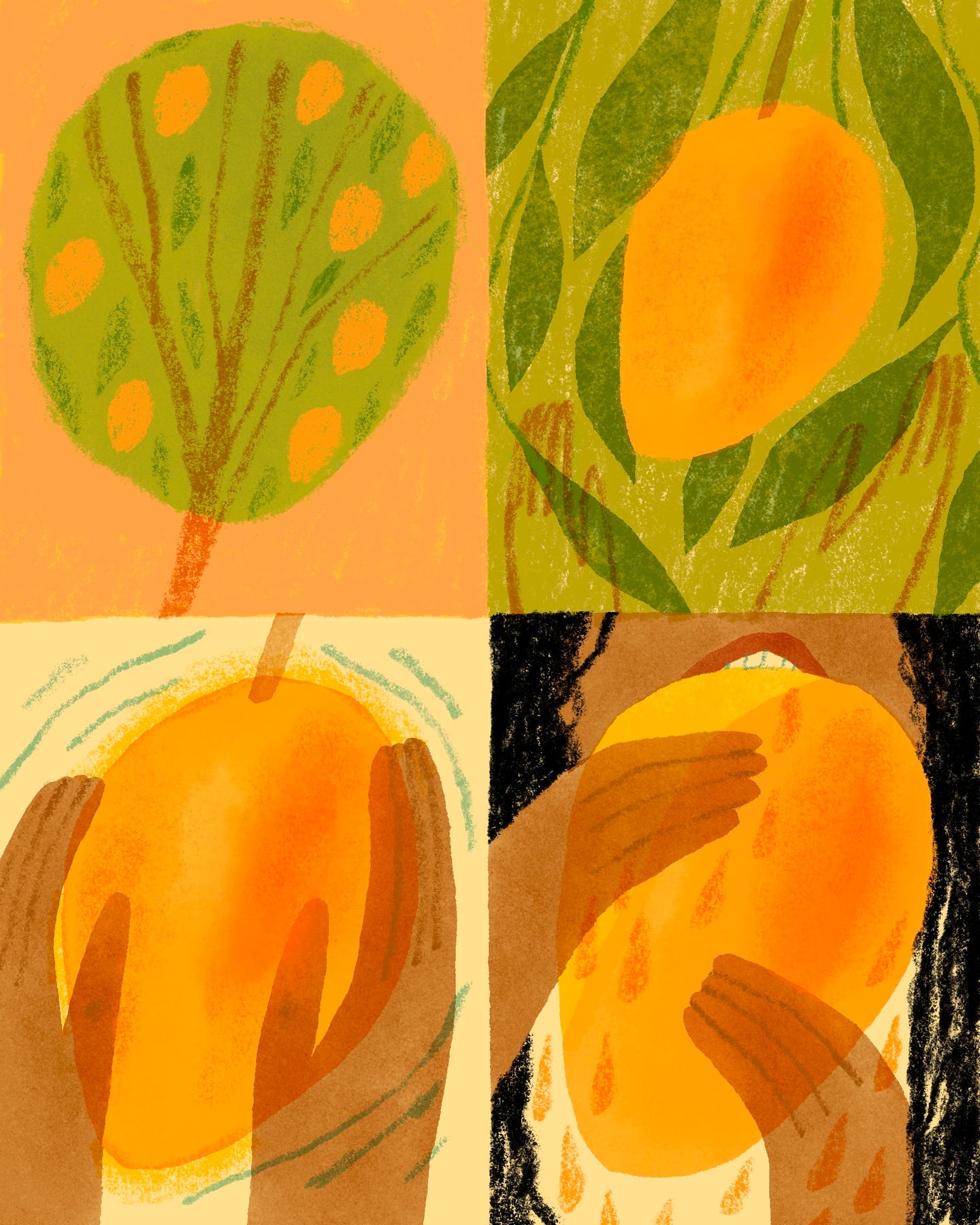
Foie Gras Producers React to New York City’s Ban
The latest foie gras ban—this time in NYC—raises old questions about animal welfare
On October 30, New York City became the latest in a long line of places that have banned the sale or production of foie gras, including seven countries and the state of California. Compared to Chicago's foie gras ban, which was overturned in 2008, NYC’s is likely to make a bigger dent in the foie gras industry, with over 1,000 restaurants in the city regularly putting the ingredient on their menu.
The food industry doesn't react well to heavy-handed government intervention, says Jenny Dorsey, a chef and the founder of culinary production studio ATAO, based between Los Angeles and New York. "Remember the soda ban and the mass upheaval about that?" She thinks it would have been better if the city had done an information campaign to keep people from ordering foie gras. "Some people would opt to eat it, but others would think twice," Dorsey says. "Use social norms to change behavior," she explains, not legislation.
The complaint against American foie gras production isn't centered on how the ducks are treated, which even some of those in favor of the bill agree is better than how chickens are raised on factory farms, but the practice of gavage, where the ducks are force-fed three times a day in the weeks leading up to their deaths. Migratory birds like ducks or geese naturally overeat and store the energy as fat in their liver in the autumn. Since ancient Egypt, humans have been taking advantage of this process to obtain fatty livers that are multiple times the size they would naturally be, year-round. It's one of those issues like the sale of horse meat or veal where people either think it's inherently cruel—or they don't. While many veterinarians have spoken out against the practice of gavage, the American Veterinary Medical Association has refused to take an official position, and in 2014 an AVMA literature review found that while there is potential for harm caused by force-feeding, there wasn't enough data to make a determination.
"I've seen a lot of foie-gras farms that are small and respectful of the ducks, and some that were factory farms," says Ariane Daguin of D'Artagnan Foods, which sells humanely raised meats in addition to foie gras. "The factory farming of ducks for foie gras is as bad as any other factory-farm operation." But, she adds, that's not what the farms in upstate New York, which encourage even unannounced visitors, are like. The tube now used in gavage is small and plastic, unlike the large metal tubes commonly seen in undercover videos. "I've seen animals, and I believe I know animals, and I know those ducks have no stress and no harm," Daguin says.
While "humane" foie gras without force feeding, harvested once a year, does exist on one farm in Spain, it's produced in such small quantities it's not a viable business model, says Marcus Henley, manager of Hudson Valley Foie Gras. "They might have a 250-gram liver at the time of migration," Henley says. A foie-gras liver is closer to 800 grams. Whether that makes it a marketable product or a sign of failing health has to do with where you stand on animal welfare.
The fact that NYC is targeting foie gras, “just shows once again that this is totally political,” Daguin says. “If it had to do with the animals, they would be talking to Mr. Purdue and Mr. Tyson—not to us.”
"We don't really truly live in a free market," says Matthew Dominguez of Voters for Animal Rights, the group that helped pass this bill. He explains that between government subsidies and a lack of transparent information about food, consumers are pushed into their eating habits. "If I could wave a wand, I'd eliminate all cruelty from food systems," Dominguez adds. But instead he's starting with foie gras, a small industry, he admits, but one he believes to be cruel nonetheless.
During Chicago's foie gras ban, chefs got creative with alternatives, vegetarian or not. Phil Vettel, the Chicago Tribune's restaurant critic, called the vegetarian "faux gras" at Spiaggia an outstanding contribution to gastronomy. Now, seven years after the ban was overturned, that dish is long gone, and foie gras is back on menus all over the city—along with other foods welfare- or environment-conscious diners might avoid like veal or critically endangered bluefin tuna and Osetra caviar. Until diners stop wanting to taste these luxury foods, chefs will keep serving them whenever they can—even if alternatives are available.
Keep Reading
Continue to Next Story
